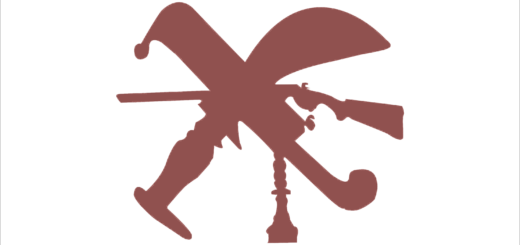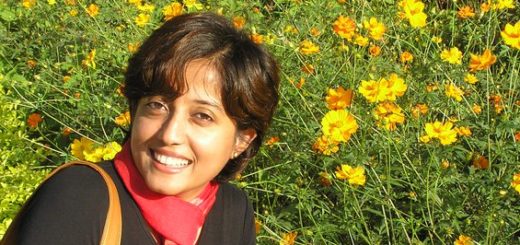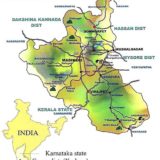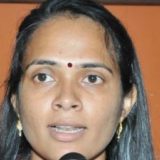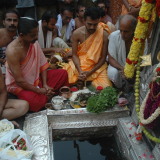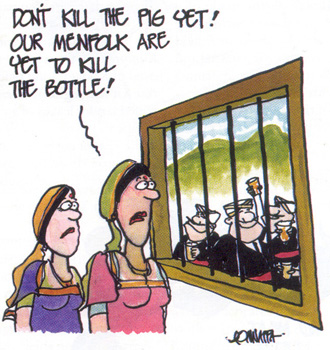
By P.T. Bopanna
The harvest festival of Puthari celebrated by Kodavas (Coorgs) has lost its ‘spirit’ thanks to the deep roots Hindutva has taken in Kodagu (Coorg) district in Karnataka.
The festival celebrated by the original inhabitants of Kodagu marks the arrival of new paddy crop. With most of the people in Kodagu giving up the cultivation of paddy, Puthari has lost its relevance and is only symbolic.
Puthari, celebrated on a full moon day, involves families going to the paddy fields and cutting the first sheaves of paddy which would be worshipped in the ancestral homes followed by a grand feast, consisting of non-vegetarian dishes. The joke is Kodavas are ‘pure non-vegetarians’ with a fondness for pandi curry (pork).
With most of the Kodavas coming under the influence of BJP’s Hindutva ideology, many community members have stopped preparing non-vegetarian dishes during Puthari, as they believe: “When goddess Laxmi comes home (new crop), it is not appropriate to serve non-veg food”.
Kodavas, ancestor worshippers, have always offered both vegetarian and non-vegetarian food called ‘meedhi’ to their forefathers.
However, due to the growing influence of the Hindutva ideology, many Kodava families, especially those living in cities, have come to believe that non-vegetarian food involves ‘ritual pollution’, a concept believed by those practicing Bhahminical Hinduism.
The curbs on serving non-vegetarian food has not just affected the harvest festival, but also Kailpod, the festival of arms, where non-vegetarian food and liquor are traditionally served.
In recent years, if the dates of Kailpod clashes with the Ganesha festival, then many Kodavas do not prepare non-vegetarian food, believing that it would result in ritual pollution during Ganesha Chaturthi.
Most Kodavas are ignorant of the fact that Kodava festivals like Kailpod and Puthari are not based on any god. They are connected to the agriculture seasons. The holy festival of Kaveri Sankramana, which many have noted is a more recently introduced festival, revolves around river Cauvery.
There is need for introspection in the Kodava community on imbibing rational belief, instead of being influenced by alien beliefs that are not rooted in the soil.

